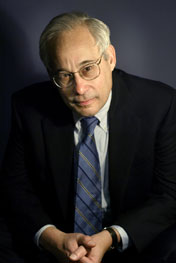 Last week the US Senate Special Committee on Aging held a hearing titled “Aging in Place: The National Broadband Plan and Bringing Health Care Technology Home.”
Last week the US Senate Special Committee on Aging held a hearing titled “Aging in Place: The National Broadband Plan and Bringing Health Care Technology Home.”
The hearing focused on the benefits of remote patient monitoring, the need for more broadband, the special health care needs of the senior population and the obstacles presented by the Center for Medicare and Medicaid Services (“CMS”) when it comes to reimbursement of services related to telehealth and telemedicine.
Outcomes from the hearing include the creation of a position within the Office of the National Coordinator to advance the proliferation of e-Care technologies to address America’s problems with high-cost and inefficient health care delivery. There was also a call to press upon Don Berwick, the nominee for CMS Administrator, to examine e-Care as a “top priority” during his nomination proceedings that are set to begin on May 5th. We will certainly track those hearings closely.
The hearing also focused on how the US elderly population lacks access to available modern technologies that would help them age in place and at home with dignity, as opposed to in facilities or hospitals. Three Senators: Kohl, Collins and Wyden had harsh words to say about how CMS is an obstacle to modern health care technologies and is fundamentally flawed.
Senator Wyden spoke about how remote patient monitoring technologies should be collectively referred to as “e-Care” – a moniker recently coined by Continua – and how the government should take steps to promote their uses and implementation. There were multiple references by the Senators and witnesses on broadband and wireless technologies and how they enable the delivery of care to both rural and urban populations, including references to a number of devices and services we write about often like MedApps HealthPAL and Intel's Health Guide.














